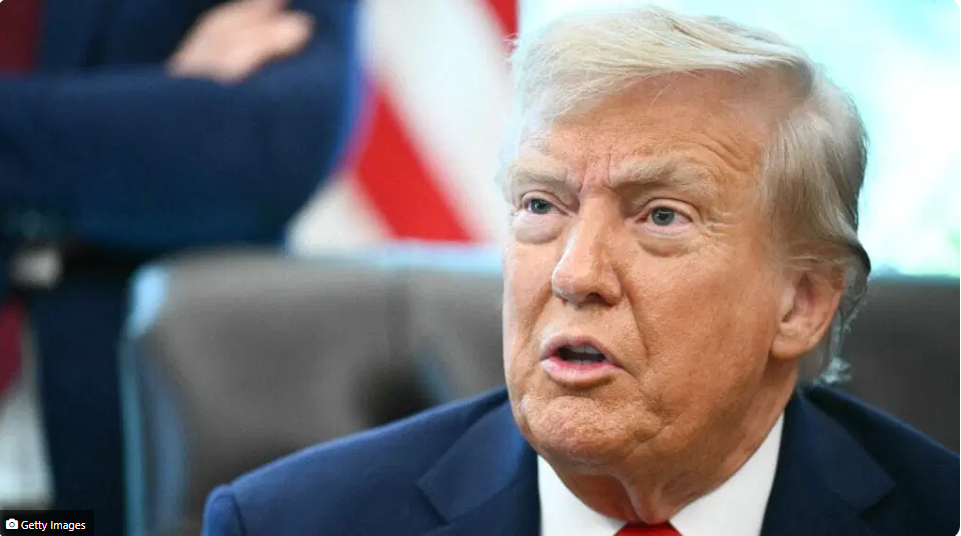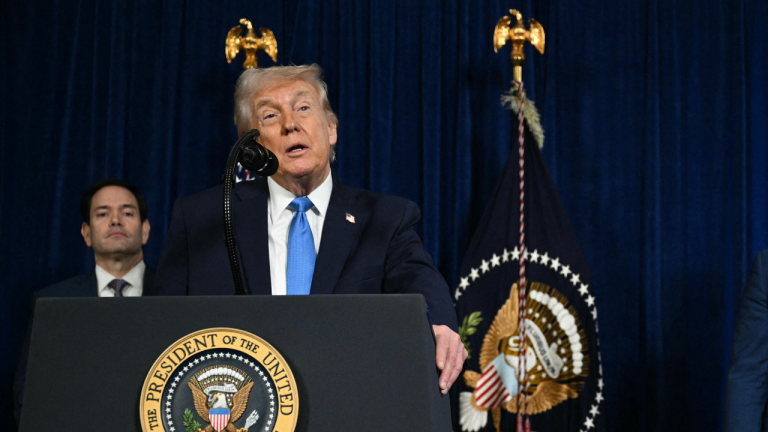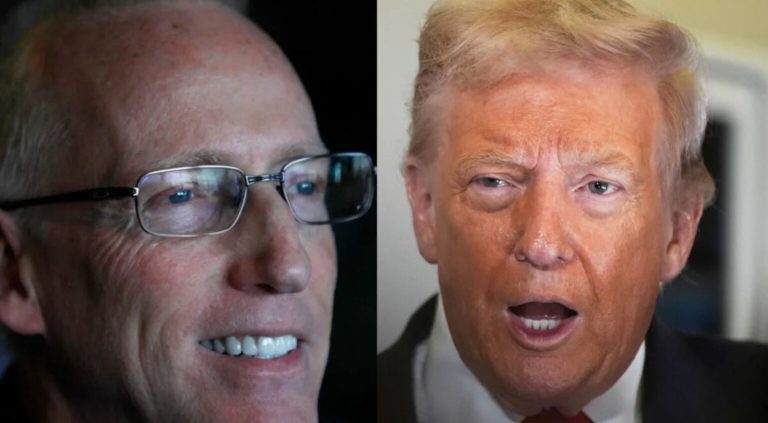
The Justice Department this week dismissed a sixth San Francisco immigration judge since President Donald Trump took office, continuing what appears to be a pattern of removing adjudicators with backgrounds in immigrant defense or higher asylum approval rates.
Judge Shira Levine, appointed to the court in October 2021, was terminated without explanation, NBC Bay Area reported.
Milli Atkinson, who heads the Immigrant Legal Defense Program at the Bar Association of San Francisco, said Levine received no reason for her removal, though the decision did not come as a complete surprise.
Since April, five other San Francisco immigration judges have been dismissed, including Judges Chloe Dillon and Elisa Brasil, who held two of the court’s highest asylum grant rates, according to Syracuse University’s Transactional Records Access Clearinghouse.
Dillon told KQED she learned of her firing through a three-sentence email on Aug. 22. She said she discovered it after returning to her office from a years-long asylum hearing, where she had already indicated her ruling and hoped to issue a decision that day, KQED noted further.
Dillon said she spent 90 minutes gathering her belongings, returning federal property, and handing off her 6,000-case docket without knowing who would take it over.
Also Read : DOGE Helps US Immigration Arrest 2 Ukrainians for Alleged Illegal Votes
Her dismissal, she added, was not entirely a surprise. Under Trump, federal employees have been treated as at-will, and immigration courts have seen mass firings — particularly of judges appointed during the Biden administration, those with backgrounds in immigrant advocacy, or those with high asylum approval rates.
“They are specifically targeting one end of the spectrum because they don’t like those results; they don’t think that people should be granted asylum essentially,” she told the local outlet.
Five of the six judges dismissed had asylum approval rates above the national average and previously spent part of their careers representing immigrants in court, said KQED.
“It appears to be completely ideologically based,” former San Francisco immigration judge Dana Leigh Marks told the outlet regarding the firings.
“It’s making assumptions about people from their background, and it appears to be very results-oriented, targeted towards individuals who think more independently and are willing to listen to both sides when a case is presented to them rather than just accepting the government assertions,” she added.
A cornerstone of President Donald Trump’s 2024 campaign was mass deportation, a platform that helped propel him to an electoral washout of former Vice President Kamala Harris as well as a national majority.
Between fiscal years 2019 and 2024, Levine approved asylum in more than 97% of her cases, while Dillon granted 96.5%. By comparison, the national average during that period was about 50%, dipping below 36% last October, according to TRAC data.
Experts noted the high approval rates partly reflect that San Francisco asylum seekers are more likely to have legal representation and face different standards than in other states. Still, they said the Justice Department appears to be targeting judges viewed as less likely to align with prosecutors’ positions.
According to Marks, judges with backgrounds in immigrant advocacy, private practice, or public interest law are being dismissed, while those who advanced as prosecutors within the Department of Homeland Security’s Immigration and Customs Enforcement division have largely kept their posts.
Before her May 2023 appointment, Brasil practiced immigration law in the private sector, often handling pro bono cases. Levine spent more than five years with Centro Legal de la Raza and the Immigration Institute of the Bay Area.
Dillon previously served as an attorney advisor at Los Angeles’ immigration court, while another dismissed judge, Jami Vigil, worked eight years as court-appointed counsel for immigrant families.
In August, the Justice Department dropped the requirement that temporary immigration judges have prior experience in immigration law. A week later, the federal government authorized 600 military lawyers to serve in those roles.







1 thought on “Trump Admin Dismisses Another Immigration Judge in San Fransciso”